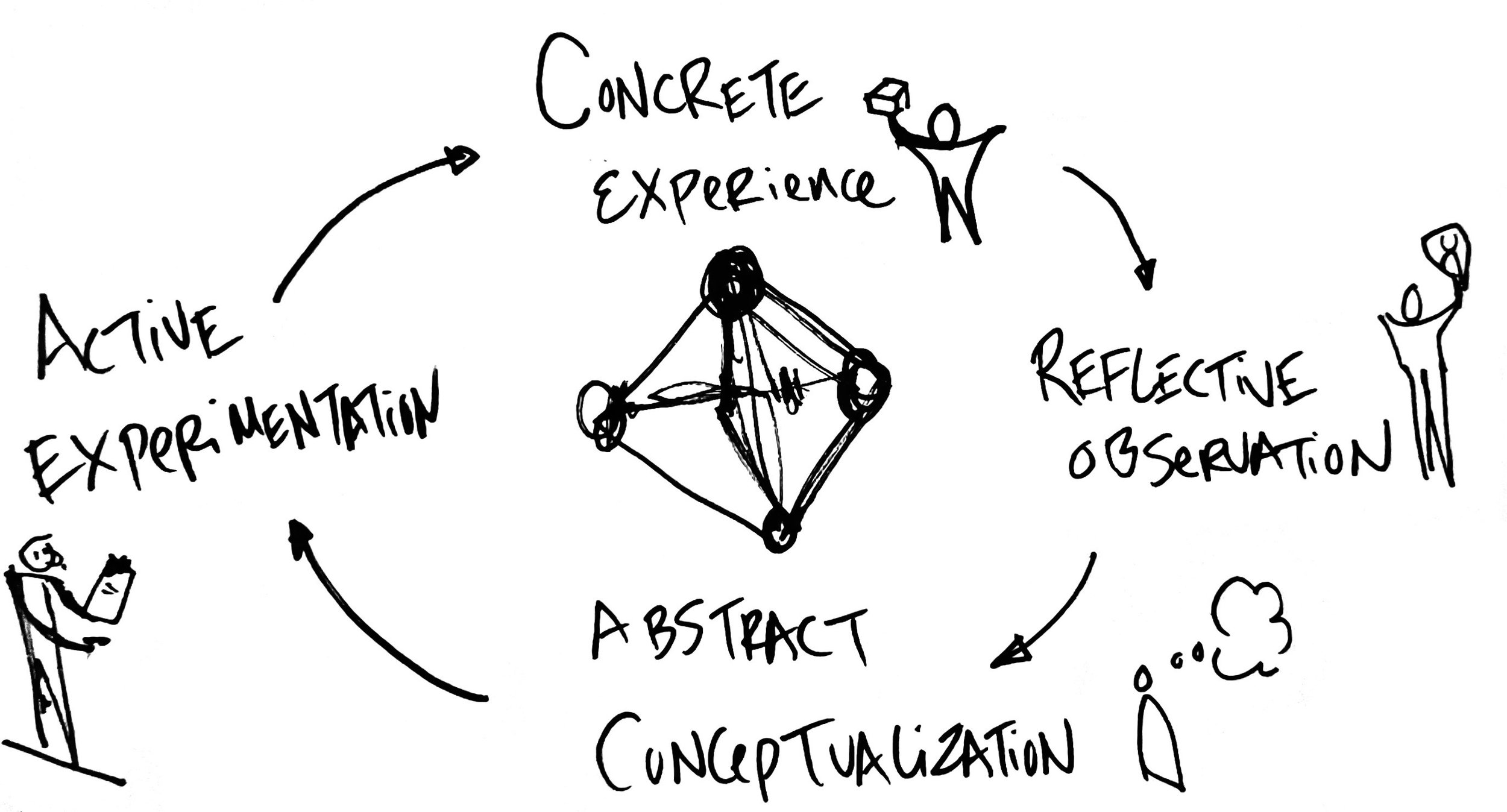More and more, I’m aware of this simple fact: True collaboration is a group learning process.
The group needs to learn:
What everyone else thinks about the challenge: What is happening? What’s the real challenge?
What they themselves believe is possible — what futures can be created with this group?
What does the group believe is possible?
What are we willing to try? How much risk are we willing to endure?
How committed is the group to the challenge? Who and how will things be seen through?
If we know all of the answers to these questions, we can usually just make a spreadsheet and solve the challenge asynchronously!
So…given that team work is team learning, it’s important to understand that learning for adults isn’t the same as learning for children:
Andragogy isn’t Pedagogy
Pedagogy literally means a method and practice of teaching. But it has the Latin word for “child” in it: Peda. It’s the same root in the word Pediatrician.
(At some point in your life it’s weird to still be seeing your pediatrician. You need to move on to a big kid doctor.)
Pedagogy is all about how kids learn. Adults learn differently from kids. Teaching with adults in mind is called Andragogy, a (very awkward) term coined by Malcolm Knowles. He laid out five principles to follow for better results when teaching adults.
+The learning is self-directed.
+The learning is experiential and utilizes background knowledge.
+The learning is relevant to current roles.
+The instruction is problem-centered.
+The students are motivated to learn.
If you look at these five principles, it looks a lot like empowered teams.
Team learning happens over time
We all know that one meeting isn’t going to solve everything. We need to decide what is going to happen next, questions like:
who do we need to talk to next?
Do our assumptions match reality?
what is safe to try?
For learning with people, over time, the Kolb Cycle of learning is a helpful mental model:
The Kolb Cycle of Learning
In the early 1970s, David A. Kolb and Ronald E. Fry developed their experiential learning model (ELM), which suggested that there were four key elements in learning:
Concrete experience
Observation of and reflection on that experience
Formation of abstract concepts based upon the reflection
Testing the new concepts
For me, this cycle feels a lot like design thinking: Discover, Define, Develop and Deliver. Learn, Make, Test, Reflect.
